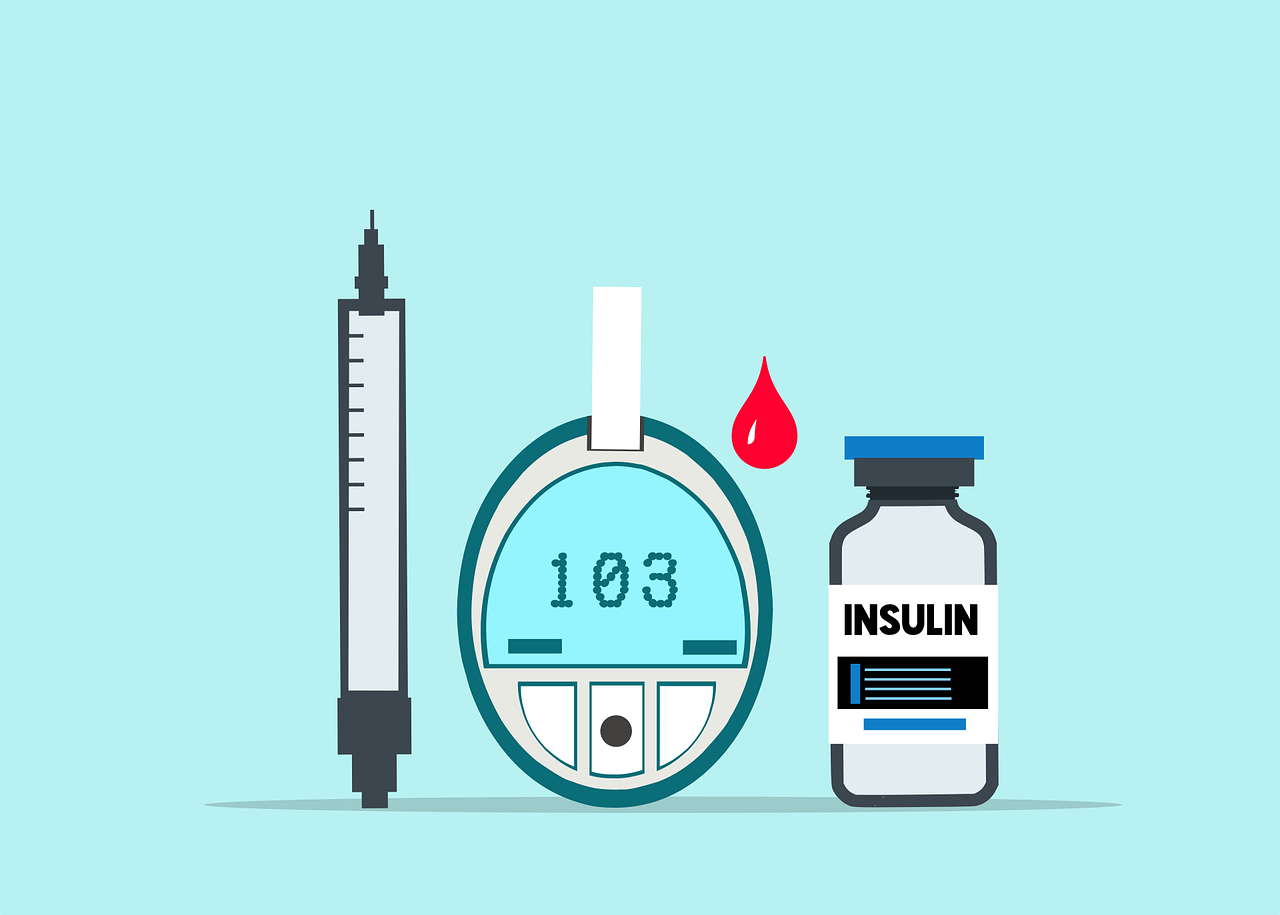
Introduction
In the dynamic world of fitness, wall pilates has emerged as a game-changer. This innovative fusion of traditional pilates and wall resistance offers unparalleled benefits. If you’re on the hunt for a cost-effective way to delve into this trend, we’ve got you covered. Dive into our curated list of the top five free wall pilates challenges available on YouTube. Whether you’re a newbie or a seasoned enthusiast, these challenges are set to redefine your fitness regimen.
Here you might want to have a look at What is Wall Pilates? and 28-Day Wall Pilates Challenge for Free.
1. 10 Min BEGINNER Wall Pilates | Low Impact Full Body Workout
- Description: Step into the realm of wall pilates with this beginner-friendly session. In just 10 minutes, you’ll be introduced to the core techniques of this fitness sensation.
- Author: Jenna Collins Fitness
- Duration: 11:22
- Embark on the challenge here
- Spotlight: Jenna Collins, with her expertise, ensures that even beginners grasp the nuances of wall pilates. Her focus on posture and alignment makes this a safe and effective starting point.
2. Wall Pilates Workout – for beginners 💥!
- Description: A bite-sized introduction to wall pilates, this challenge is a boon for those with packed schedules.
- Author: Jessica Valant Pilates
- Duration: 0:23
- Dive into the workout here
- Key Takeaways: Jessica Valant’s rich pilates background shines through, offering viewers a concise yet insightful glimpse into wall pilates essentials.
3. The Ultimate Pilates 21 Day Challenge ♥ Define Your Abs & Booty
- Description: Commit to this 21-day free wall pilates challenge and witness a transformation in your abs and booty.
- Author: Boho Beautiful Yoga
- Duration: 17:19
- Start the challenge here
- Why It’s A Must-Try: Beyond just exercises, this challenge offers a holistic fitness experience. Daily routines, pep talks, and progress trackers make it a comprehensive wall pilates guide.
4. 15 Min CALORIE KILLER Wall Pilates Workout | Full Body Toning
- Description: This intense wall pilates challenge promises to set your muscles ablaze. In a mere 15 minutes, it targets the entire body, ensuring a calorie-torching session.
- Author: Jenna Collins Fitness
- Duration: 16:34
- Engage in the workout here
- Standout Feature: Jenna Collins brings her signature energy to this challenge, ensuring that every minute counts. The routine is meticulously crafted to maximize toning and calorie burn.
5. Wall Pilates Workout for Beginners and Seniors | 20 minute Standing Workout
- Description: Tailored for beginners and seniors, this 20-minute standing workout is gentle yet effective. It emphasizes form and balance, making it a perfect choice for those seeking a low-impact routine.
- Author: The Girl With The Pilates Mat
- Duration: 53:41
- Begin the workout here
- Why It’s Special: This challenge stands out for its inclusivity, ensuring that beginners and seniors can safely enjoy the benefits of wall pilates.
Conclusion
Wall pilates, with its unique approach, offers a refreshing twist to traditional fitness routines. These free challenges provide an opportunity to experience its myriad benefits without any financial commitments. So, if you’re keen to elevate your fitness game, pick a free wall pilates challenge from our list and embark on a transformative journey today.
You might want to have a look at What is Wall Pilates? and 28-Day Wall Pilates Challenge for Free.
FAQs
What exactly is wall pilates? Wall pilates is an innovative variation of the traditional pilates method. It incorporates the wall as a supportive prop, offering enhanced resistance and a diverse range of exercises. This unique approach allows for a deeper engagement of muscles and a more challenging workout.
How does wall pilates differ from classic pilates? While both forms share the foundational principles of pilates, wall pilates introduces a series of exercises that specifically utilize the wall. This added resistance from the wall provides a more challenging workout, targeting muscles differently than floor-based exercises.
Is wall pilates beginner-friendly? Absolutely! Many wall pilates routines, including some of the challenges listed in our post, are designed with beginners in mind. These routines often focus on form, alignment, and foundational exercises, ensuring a safe introduction to the practice.
How often should I participate in wall pilates challenges? For best results, it’s recommended to engage in wall pilates 3-4 times a week. However, it’s essential to listen to your body. If you’re feeling sore or fatigued, give yourself adequate rest. As always, consulting with a fitness professional can provide personalized guidance.
Do I need any special equipment for wall pilates? The primary “equipment” you need is a sturdy wall. Some routines might incorporate additional props like resistance bands or small weights, but many challenges, especially those for beginners, require just your body and a wall.
Are the wall pilates challenges listed truly free? Yes, all the challenges we’ve highlighted are available on YouTube and can be accessed without any subscription or payment. It’s a great way to explore the benefits of wall pilates without any financial commitments.
Can wall pilates help with weight loss? While wall pilates primarily focuses on strength, flexibility, and muscle tone, any form of exercise can contribute to weight loss when combined with a balanced diet and consistent routine. Wall pilates can be a valuable component of a holistic weight loss strategy.
Is wall pilates safe for seniors? Many wall pilates exercises are low-impact and can be modified to suit different fitness levels. However, seniors or individuals with specific health concerns should always consult with a healthcare provider or fitness professional before starting any new exercise regimen.
How long before I see results from wall pilates? Results vary based on individual factors like consistency, diet, and starting fitness level. However, many practitioners report feeling stronger and more flexible within a few weeks. Visible toning and definition might take longer, often several months of consistent practice.
Can I combine wall pilates with other forms of exercise? Definitely! Wall pilates can complement other workouts, enhancing flexibility, strength, and core stability. Whether you’re into cardio, weightlifting, or yoga, adding wall pilates to your routine can provide a well-rounded fitness experience.













